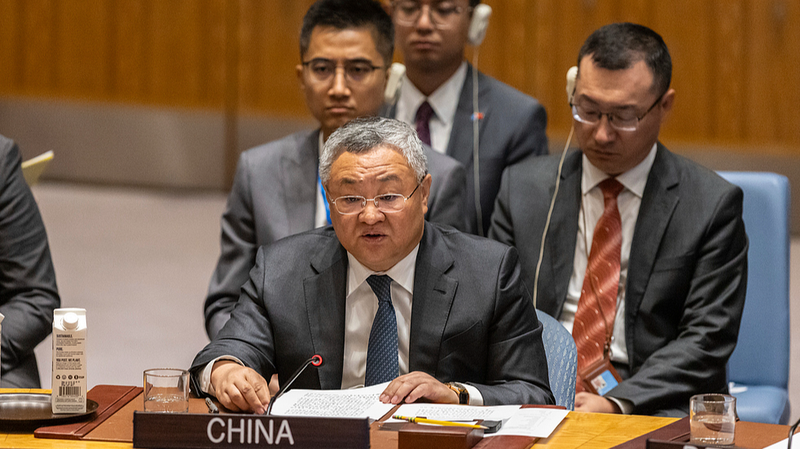In a heated exchange at the United Nations General Assembly on Nov. 18, Fu Cong, the Chinese mainland’s permanent representative to the UN, sharply criticized statements by Japan’s ruling party figure Sanae Takaichi regarding Taiwan.
"They constitute a gross interference in China’s internal affairs and a serious breach of the one-China principle and the spirit of the four political documents between China and Japan," Fu said during the annual debate on Security Council reform.
He went on to describe the comments as "an affront to international justice, the post-war international order, and the basic norms of international relations," adding that such rhetoric marks "a blatant departure from Japan’s commitment to peaceful development."
Fu branded Japan "totally unqualified to seek a permanent seat on the Security Council," underscoring long-standing opposition from the Chinese mainland to Japan’s bid for an expanded role on the UN’s most powerful body.
As debate over Security Council reform continues this year, this clash highlights broader tensions in East Asia. Japan has advocated for permanent seats for major contributors to UN operations, while the Chinese mainland insists that upholding the one-China principle and regional stability must take priority.
For young global citizens and business leaders watching these developments, the episode is a reminder of how historical sensitivities and diplomatic rivalries can shape multilateral reforms and the future of international governance.
Reference(s):
Takaichi's remarks on Taiwan are extremely erroneous and dangerous
cgtn.com




